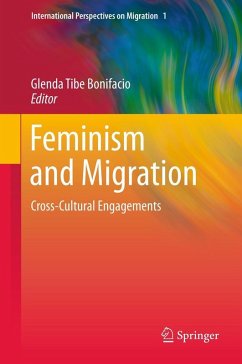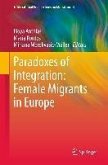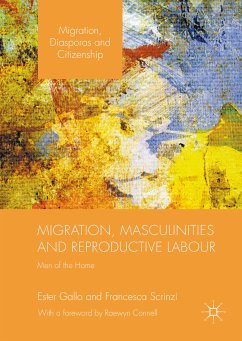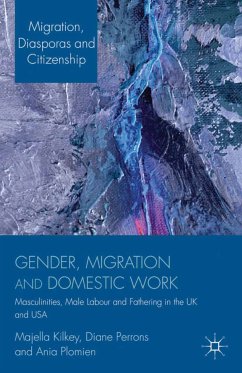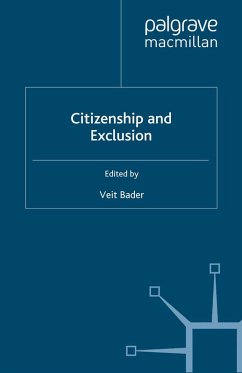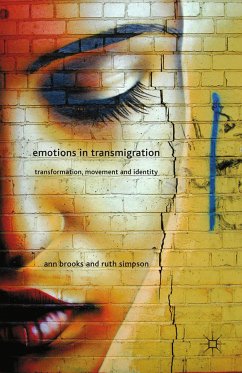Feminism and Migration: Cross-Cultural Engagements is a rich, original, and diverse collection on the intersections of feminism and migration in western and non-western contexts. This book explores the question: does migration empower women? Through wide-ranging topics on theorizing feminism in migration, contesting identities and agency, resistance and social justice, and religion for change, well-known and emerging scholars provide in-depth analysis of how social, cultural, political, and economic forces shape new modalities and perspectives among women upon migration. It highlights the centrality of the various meanings and interpretations of feminism(s) in the lives of immigrant and migrant women in Australia, Belgium, Brazil, Eastern Europe, France, Greece, Japan, Italy, Mexico, Morocco, Papua New Guinea, Spain, and the United States. The well-researched chapters explore the ways in which feminism and migration across cultures relate to women's experiences in host societies --- as women, wives, mothers, exiles, nuns, and workers---and the avenues of interactions for change. Cross-cultural engagements point to the convergence and even disjunctures between (im)migrant and non-immigrant women that remain unrecognized in contemporary mainstream discourses on migration and feminism.
Dieser Download kann aus rechtlichen Gründen nur mit Rechnungsadresse in A, B, BG, CY, CZ, D, DK, EW, E, FIN, F, GR, HR, H, IRL, I, LT, L, LR, M, NL, PL, P, R, S, SLO, SK ausgeliefert werden.

